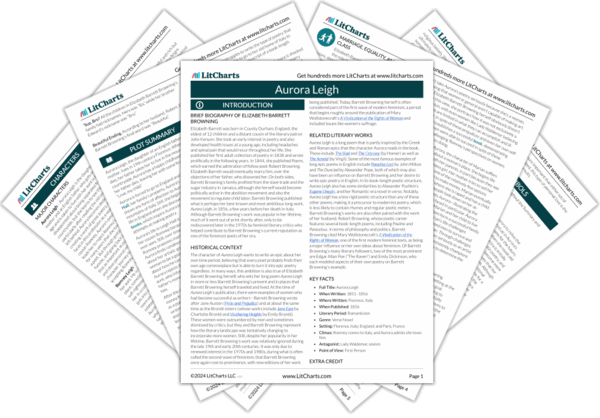Romney’s past attempts at charity were flawed, but this passage also highlights some of the external obstacles he faced. The peasants who destroyed windows just because they didn’t like the noise of the new shelter are acting selfishly. Romney’s attempts to be seen as a good person paradoxically backfire, with him getting accused of running a prison. The burning of Leigh Hall is like Romney getting attacked at Marian’s wedding. While it’s possible to blame both events on external factors, they also arguably come from Romney’s own flaws, including how he always looked at the big picture without getting to know people on a personal level.
